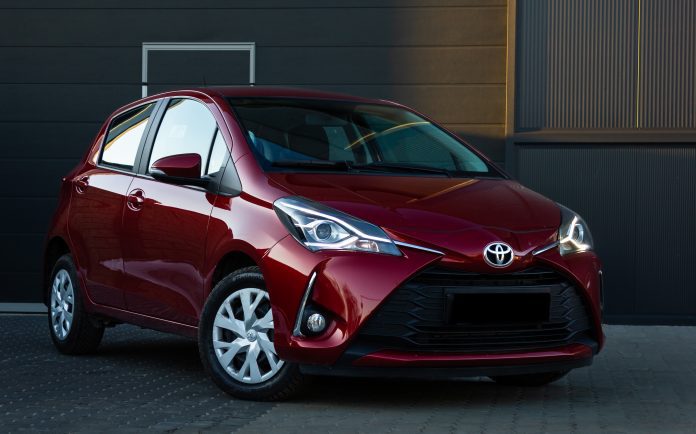After being named the second most future-ready automaker in 2022, Toyota saw its ranking decline to 10th place on Tuesday, May 16, with Chinese automaker BYD claiming its former position.
In its annual future readiness report, the International Institute for Management Development (IMD) studies the business models of multiple manufacturers to measure their preparedness for a changing automotive environment. Electric vehicles have become a key component of the IMD’s analysis, a factor that worked against Toyota in this year’s rankings.
While most automakers have embraced zero-emission technology, despite the EV space’s difficulties in turning a profit, under Toyota’s former CEO, Akio Toyoda, electrification plans were heavily delayed over concerns that there was insufficient demand to fuel a transition. Earlier this year, the company hired a new chief, Koji Sato, who has promised to substantially increase the brand’s EV capacity. Although Howard Yu, director of the IMD’s Center for Future Readiness, acknowledged the manufacturer’s comparative strength, he expressed doubt over “whether Toyota can scale these new capabilities ahead of the competition.”
On the other hand, BYD’s new second-place position was attributed to its in-house battery production abilities, which IMD praised for being “completely self-sufficient.” The market’s dominant player, Tesla, remained the most future-ready out of all automakers studied. However, the Elon Musk-led company now faces a long list of competitors, a group that could grow even more formidable if Sato’s Toyota successfully expands its presence in the EV market. Given the Japanese automaker’s plans to launch an additional ten new electric models by 2026, the current competitive landscape could change drastically in the coming years.




